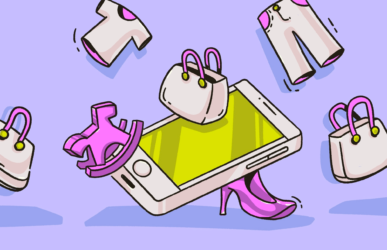Facebook Marketplace has become the go-to destination for finding great deals in your local area. However, as with any popular online resource, hackers have targeted it as an opportunity for scams. Attackers carry out scams while posing as potential buyers and sellers.
To stay safe from this threat, keep reading this guide to learn what a Facebook Marketplace scam is and the common types of Facebook Marketplace scams. You’ll also learn how to spot and report these scams and how to shop safely and protect your money and information.
What is a Facebook Marketplace scam?
A Facebook Marketplace scam is an online threat in which scammers try to trick buyers or sellers into making payments, clicking on malicious links, or handing over personal information that they can use to commit fraud or identity theft.
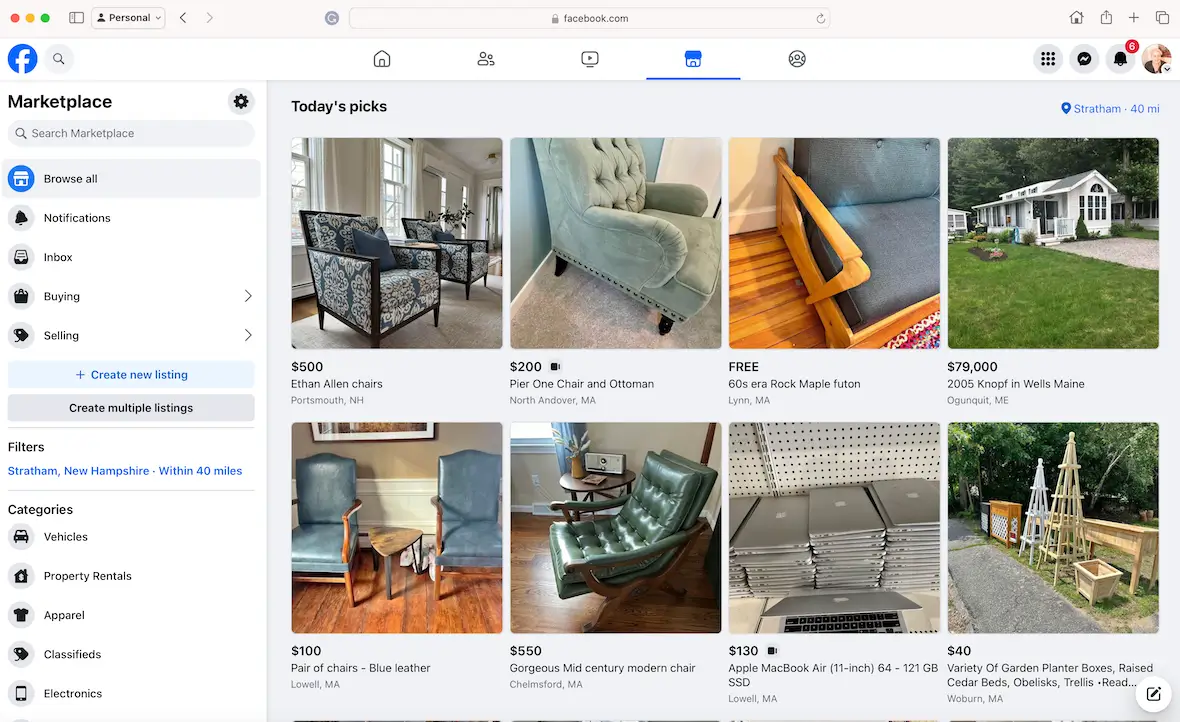
How do Facebook Marketplace scams work?
Scammers respond to Facebook Marketplace ads or put items up for sale on the platform and then wait for victims. They use many different ruses and scripted methods to try to trick you into making payments or handing over sensitive details. Fortunately, if you know what to look for, you can avoid being duped.
Shopping online?
Common types of Facebook Marketplace scams
Scammers have devised dozens of different types of clever scams to trick unsuspecting sellers or buyers out of their hard-earned money. The following are some of the most common Facebook Marketplace scams.
1. Facebook Marketplace Zelle scams
In some scams, criminals on Zelle pretend to be buyers who offer to pay using Zelle, which connects directly to your bank account. They may send you a screenshot showing that the payment was made, only to then request a refund because they claim to have overpaid or paid the wrong amount. If you send the refund, you will soon find out that the screenshot was fake and they never sent you any money to begin with. As a result, you have lost the amount you sent to them.
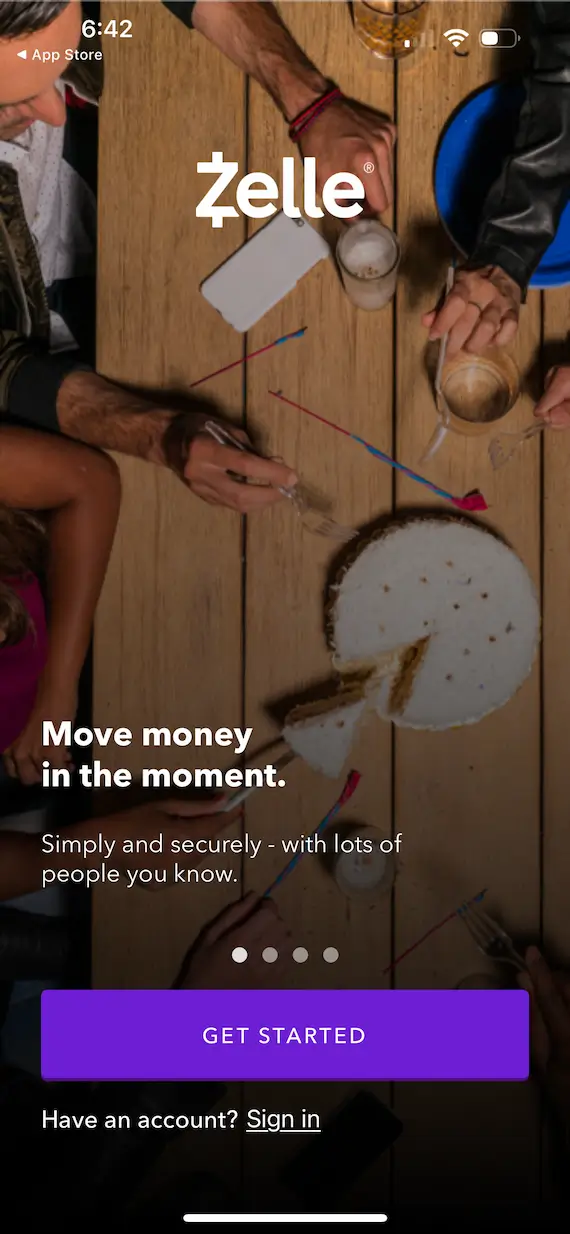
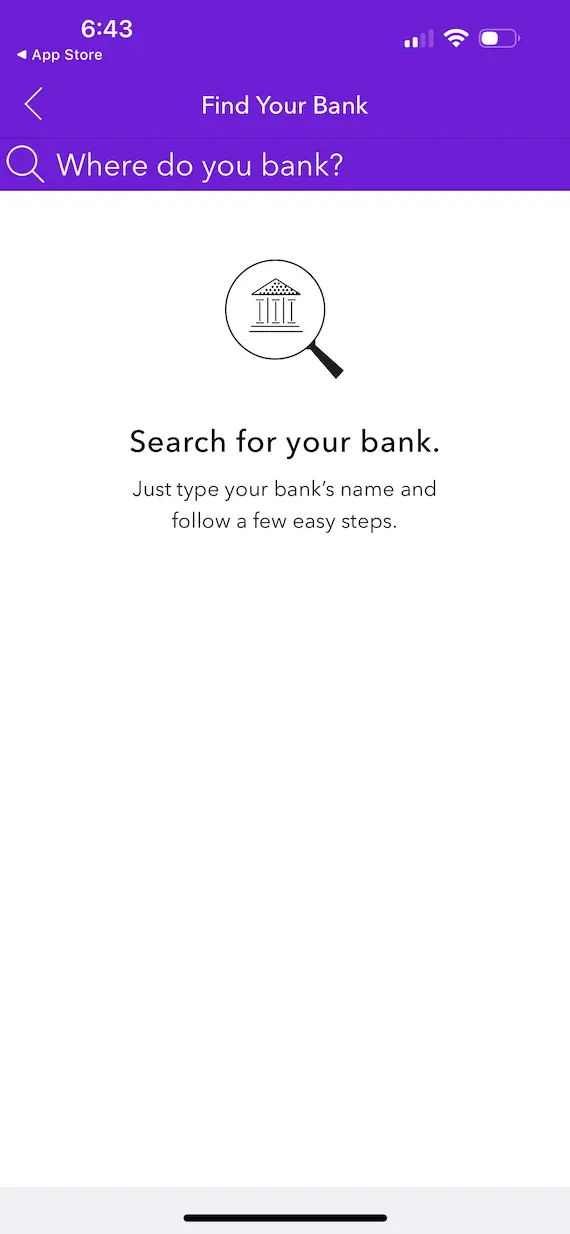
2. Facebook Marketplace Venmo scams
Venmo is another popular payment app that is used to send money from person to person. Scammers often prefer Venmo because users don’t have the same purchase protections as other platforms. If you send money via Venmo, you can’t get it back if you discover that it’s a scam.
3. Facebook Marketplace Cash App scam
Cash App is another handy payment app used by scammers to urge you to pay up front for something (which they never sent) or refund an overpayment. The problem is if you send money to a stranger, you may never see it again.
4. Gift card payment scams
Many bad actors request payment for items in the form of gift cards. This may sound ridiculous, but many people fall for this scheme. Chances are, the item you think you are buying doesn’t even exist. Never pay for anything with gift cards.
5. Overpayment scam
Similar to the Zelle scam listed above, a very common Facebook Marketplace scam is when someone claims to have accidentally paid you more than your asking price and then demands a refund. Even if they show you a screenshot verifying that they paid the amount, be sure to check your bank account. These things are easily faked. If you never received the money in the first place, your “refund” is actually just a straight payment made to the scammer.
6. Facebook Marketplace phone code scams
In this scam, the attacker seeks a way to access 2-factor authentication (2FA) or multi-factor authentication (MFA) login codes. Here’s how it works. A scammer who knows your cell phone number will ask for your location to geolocate your cell phone. They will then register for a Google Voice number using your phone number. If this process is successful, 2FA and MFA login codes sent to you will be sent to the scammer, essentially allowing them to bypass this security feature and access your accounts.
7. Facebook Marketplace shipping scams
Some fraudsters will produce fake shipping documents and confirmations. At first glance, it appears that they have sent your item, so you may pay the fee. You will soon find out, however, that they never actually shipped the item, or the item never even existed in the first place.
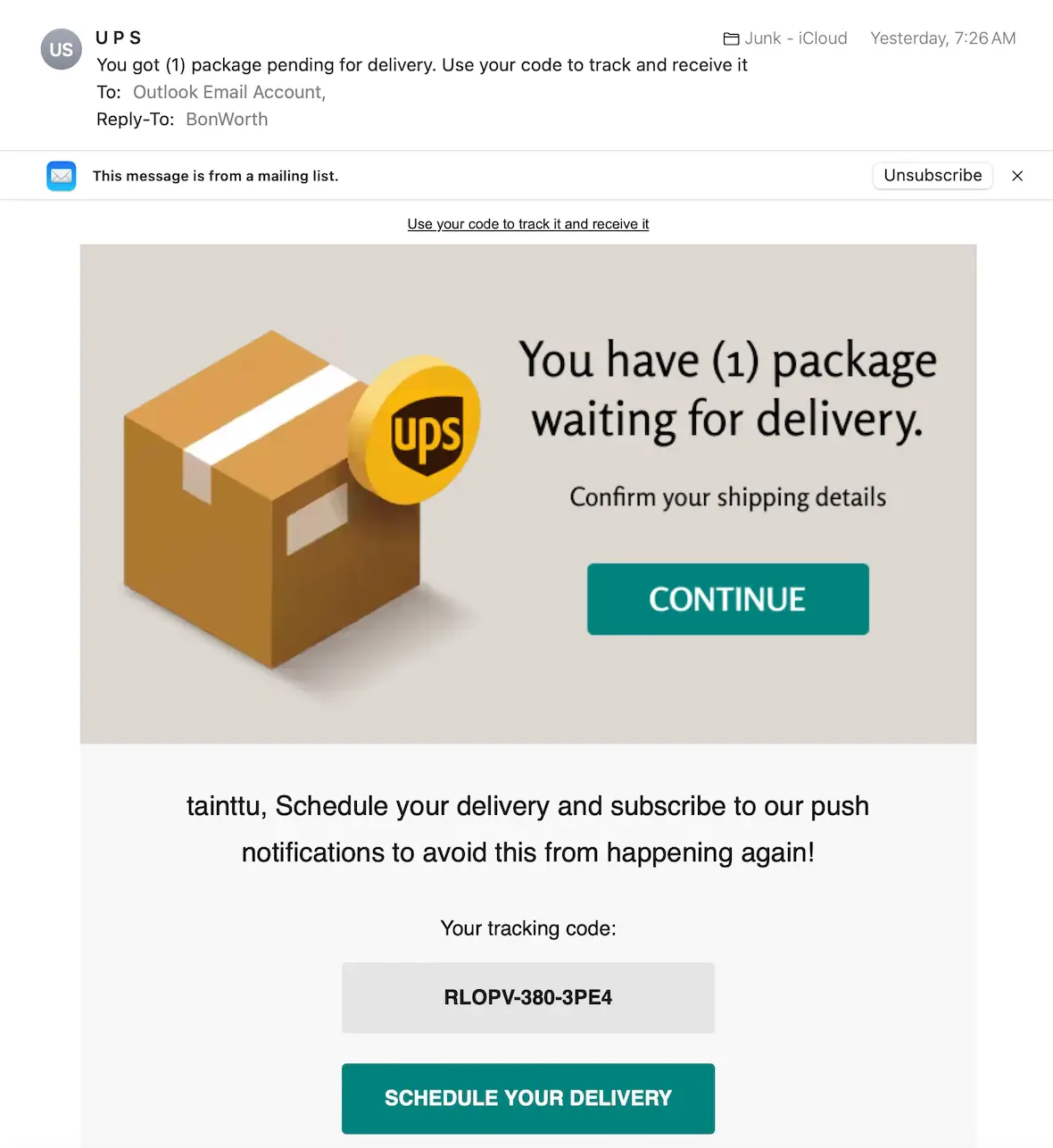
8. Phishing scams
Phishing scams are a widespread problem. In relation to Facebook Marketplace, a scammer may email you asking you to click a link to pay for an item or enter shipping information. The danger is that the link may laced with malware or could take you to a fraudulent website where you enter data that the scammer then steals.
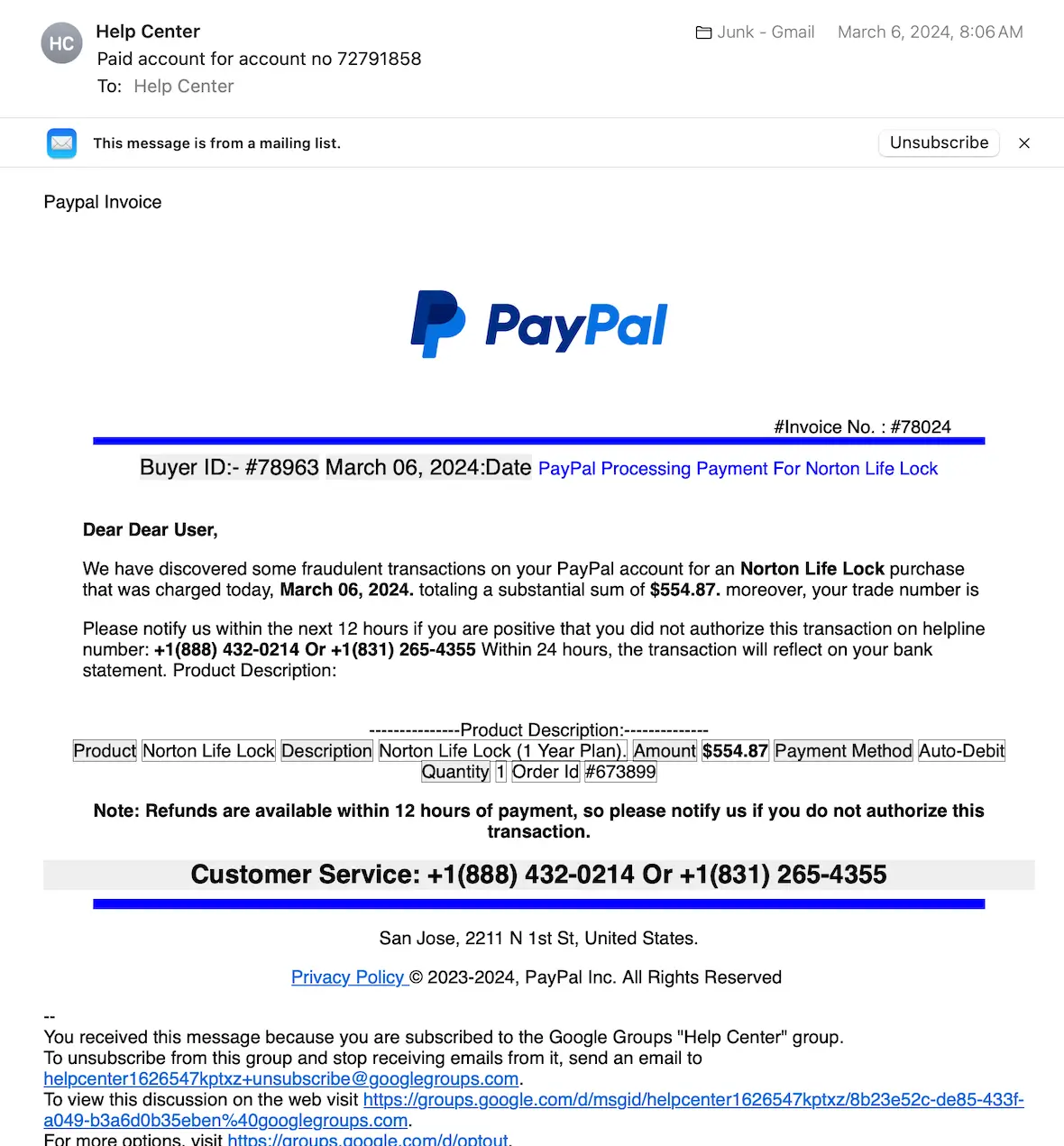
How can you spot a Facebook Marketplace scam?
Thankfully, scammers use many of the same worn-out tactics to trick victims, meaning you can identify most of these scams and stay safe. Some of the more common red flags are:
- Asking questions about products that are clearly answered in the ad itself
- A sense of urgency to buy the product without looking at it
- Offering to pay full price
- Pushing you to mark the product as sold
- Offering payment through Zelle, Venmo, PayPal, or Cash App
- Asking for payment with pre-paid debit cards
- Phishing links that take you to fake websites
- Asking for passwords, PIN codes, or other sensitive information
- Not paying for the product
- A product that doesn’t appear to exist
- Poor English or odd grammar
- Claiming that the item has already been shipped, so you must pay for it
- A price that is too good to be true
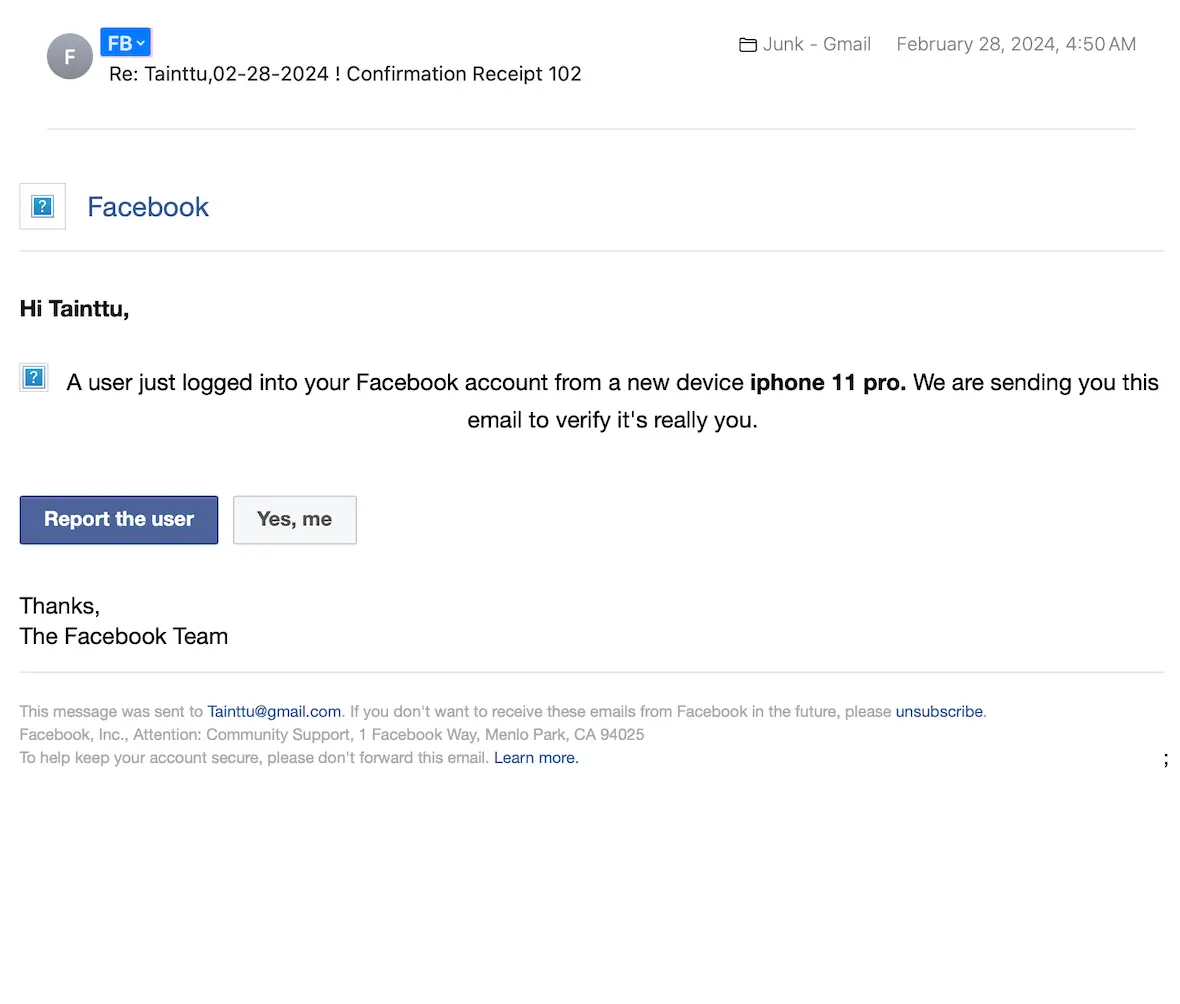
How to report a Facebook Marketplace scam
The best way to report a Facebook Marketplace scam is to report the user. Here’s how to do it:
- Open Facebook.
- Visit the profile of the person who is scamming you.
- Click the 3-dot menu on the cover photo.
- Select Report.
- Follow the on-screen instructions to report the person as a scammer.
The company will take it from there and investigate the intruder.
How to shop safely and avoid Facebook Marketplace scams
When shopping on any online marketplace, you must use common sense. Use the tips below to stay safe.
1. Never pay strangers
Never make online payments to strangers. Your best bet is to buy in person so you can view the item and physically pick it up. If you make any payment before you receive the item, you open yourself up to a potential scam.
2. Never give out personal info
Do not give out personal information to anyone. If they ask for potentially sensitive data, take that as a red flag. Protect your passwords, login credentials, bank data, and payment information at all costs.
3. Turn on 2FA
Turn on 2-factor authentication on all your accounts to help ensure that no one can access them without your permission.
Your best bet for shopping safely online is to use common sense, stay on the lookout for scams, and be wary of anything that seems too good to be true. Above all else, do everything you can to safeguard your information. By following these guidelines, you can shop safely and protect yourself from Facebook Marketplace scams.
This is an independent publication, and it has not been authorized, sponsored, or otherwise approved by Meta Platforms, Inc. Facebook and Facebook Marketplace are trademarks of Meta Platforms, Inc.





